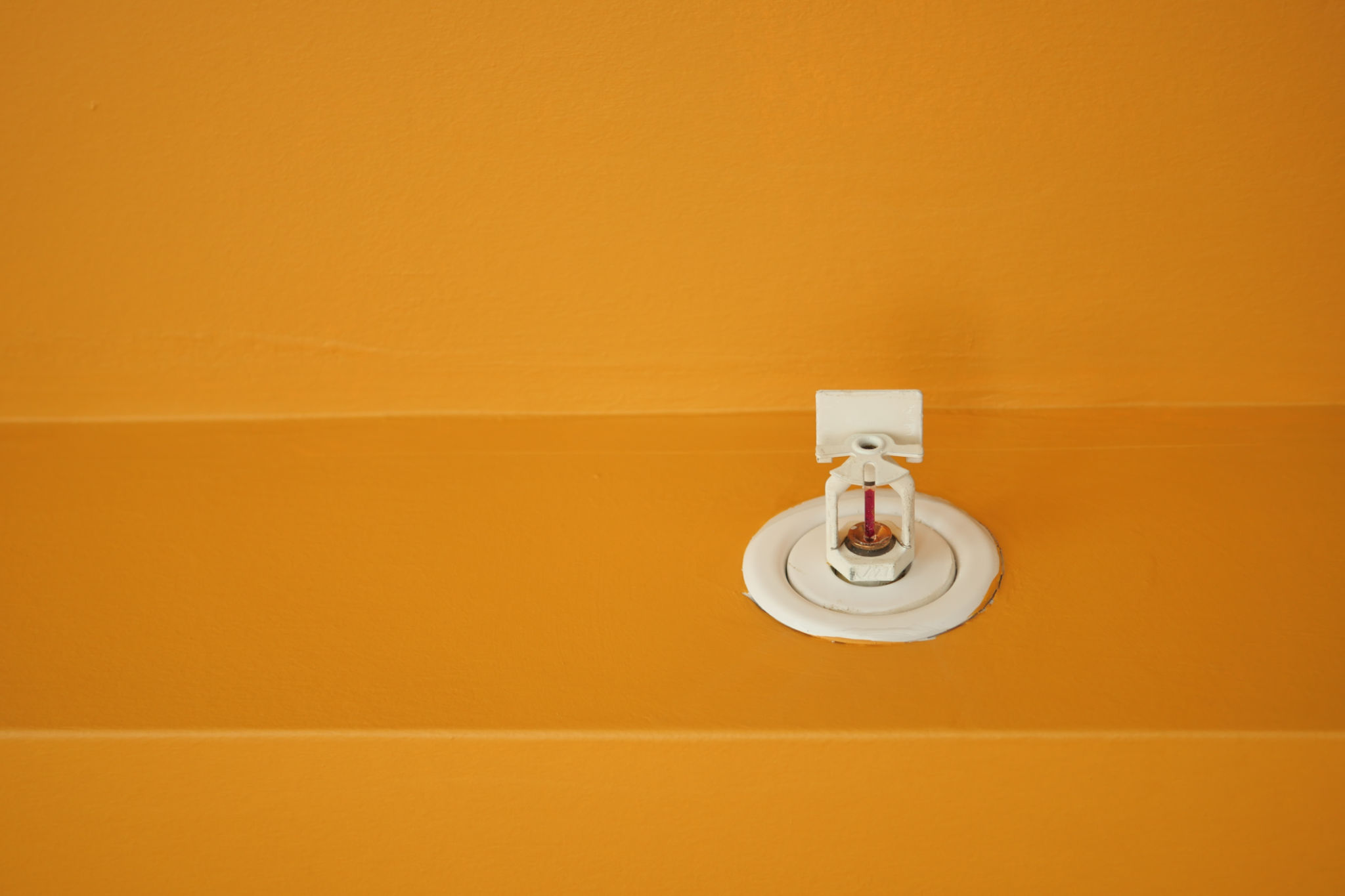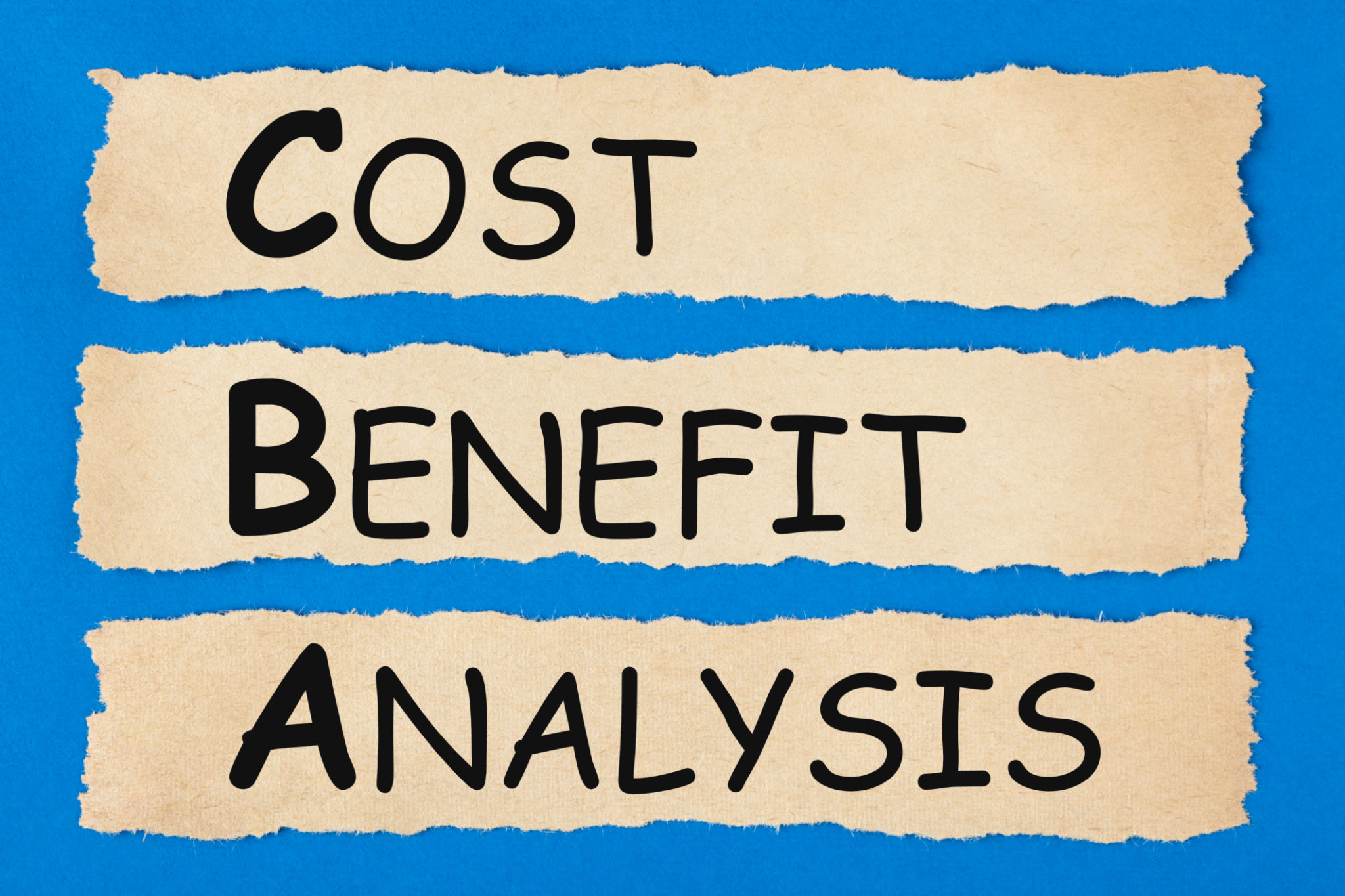How to Choose the Right Fire Sprinkler System for Your Commercial Property
Understanding Your Fire Safety Needs
When it comes to protecting your commercial property, choosing the right fire sprinkler system is crucial. Every business has unique needs, and understanding these requirements is the first step in selecting the appropriate system. Consider the size of your property, the type of goods stored, and any specific fire hazards present.

Commercial properties can range from small offices to large warehouses, each with different fire protection demands. The nature of your business operations and building layout will significantly influence the type of sprinkler system you need. For instance, a retail store may require a different system compared to a manufacturing plant.
Types of Fire Sprinkler Systems
There are several types of fire sprinkler systems available, each suited for different environments and fire risks. The most common types include:
- Wet Pipe Systems: These are the most common and contain water in the pipes at all times, ready to discharge when a fire is detected.
- Dry Pipe Systems: Ideal for cold environments where pipes are likely to freeze; these systems hold air or nitrogen until a fire is detected.
- Pre-action Systems: These require a two-step activation process and are suited for high-value areas where accidental discharge could cause damage.
- Deluge Systems: Used in areas with flammable liquids or hazardous materials, they release water through all sprinklers simultaneously.

Considerations for System Design
The design of your fire sprinkler system should be tailored to your specific property and needs. You must consider factors such as water supply, building occupancy, and potential obstructions that could impede sprinkler performance. Working with a professional fire protection engineer can help ensure that your system is optimally designed.
The placement of sprinklers is also critical. Sprinklers should be evenly distributed throughout the property to maximize coverage and effectiveness. Consult local fire codes and regulations to ensure compliance with safety standards.
Cost vs. Benefits
While investing in a fire sprinkler system may seem costly upfront, the benefits far outweigh the costs. A well-designed system can prevent extensive damage, saving you money on repairs and downtime. Moreover, having an effective fire protection system can lower insurance premiums, providing long-term financial benefits.

It’s also essential to consider the longevity and maintenance costs of the system. Regular inspections and maintenance are vital to ensure functionality when needed. Choose a reliable provider who offers comprehensive support services to maintain your system's efficacy.
Compliance and Certification
Your fire sprinkler system must comply with local building codes and regulations. These guidelines ensure that systems are designed and installed correctly to offer maximum protection. Hiring certified professionals for installation not only guarantees compliance but also enhances safety.
Check for certifications such as NFPA (National Fire Protection Association) standards or other relevant local certifications that assure quality and reliability. Compliance with these standards is not just a legal requirement but also a testament to your commitment to safety.
Final Thoughts
Selecting the right fire sprinkler system for your commercial property requires careful consideration of various factors, from the type of system to cost implications and compliance. By understanding your needs and consulting with professionals, you can ensure that your property is well-protected against fire hazards.
Remember, the goal is not just to meet legal requirements but to safeguard lives, assets, and business continuity effectively. Investing in a robust fire protection system is an investment in the future security of your business.
